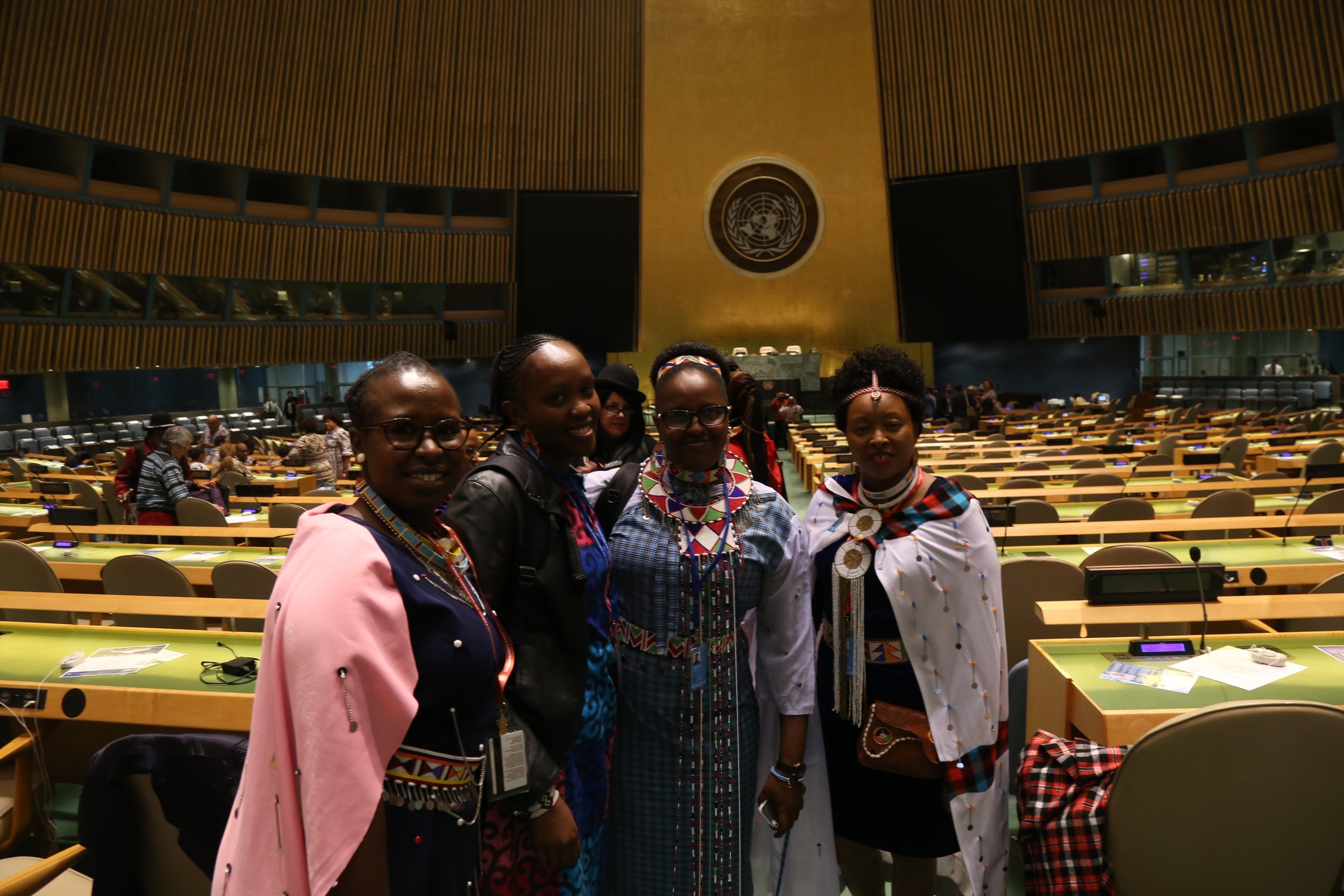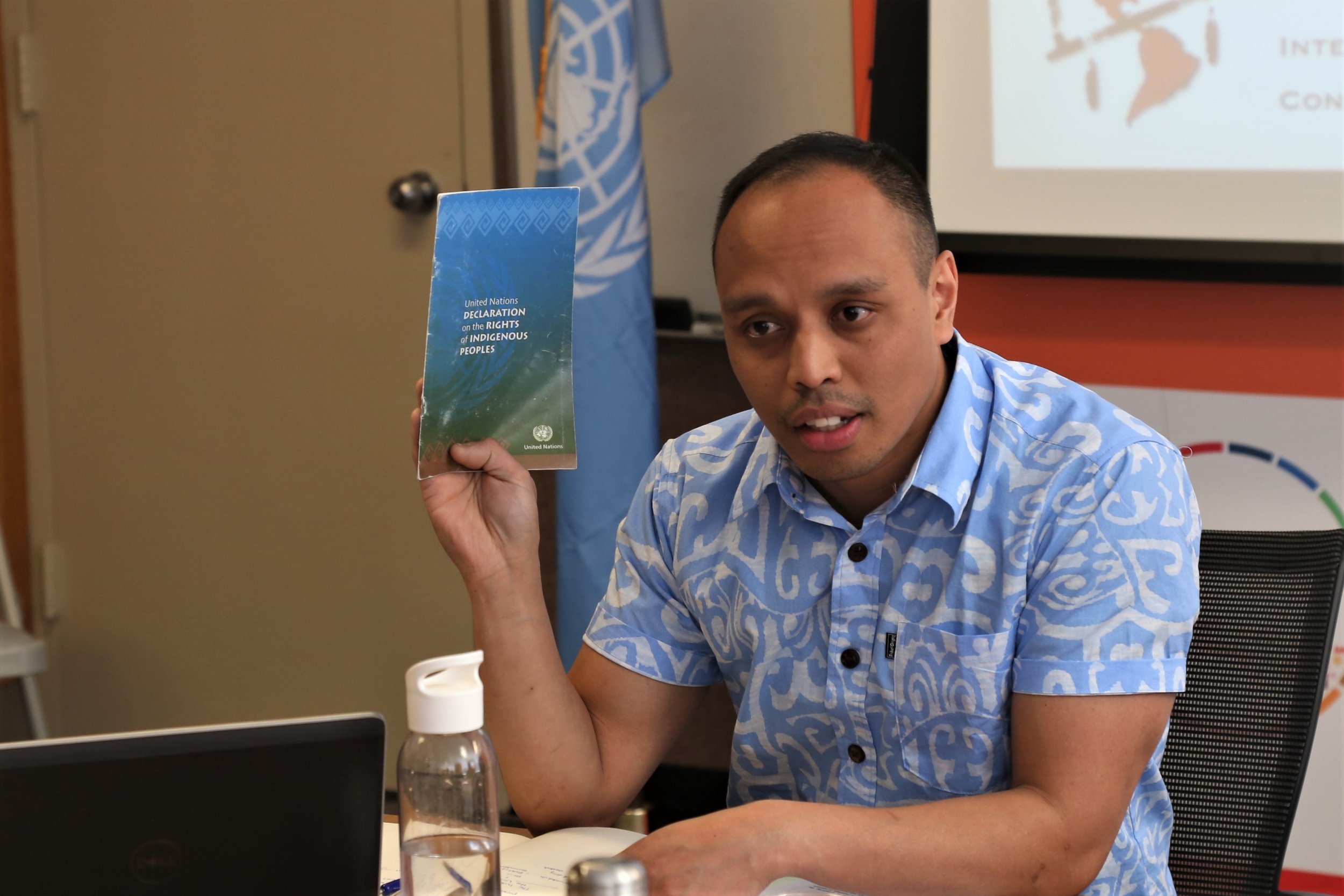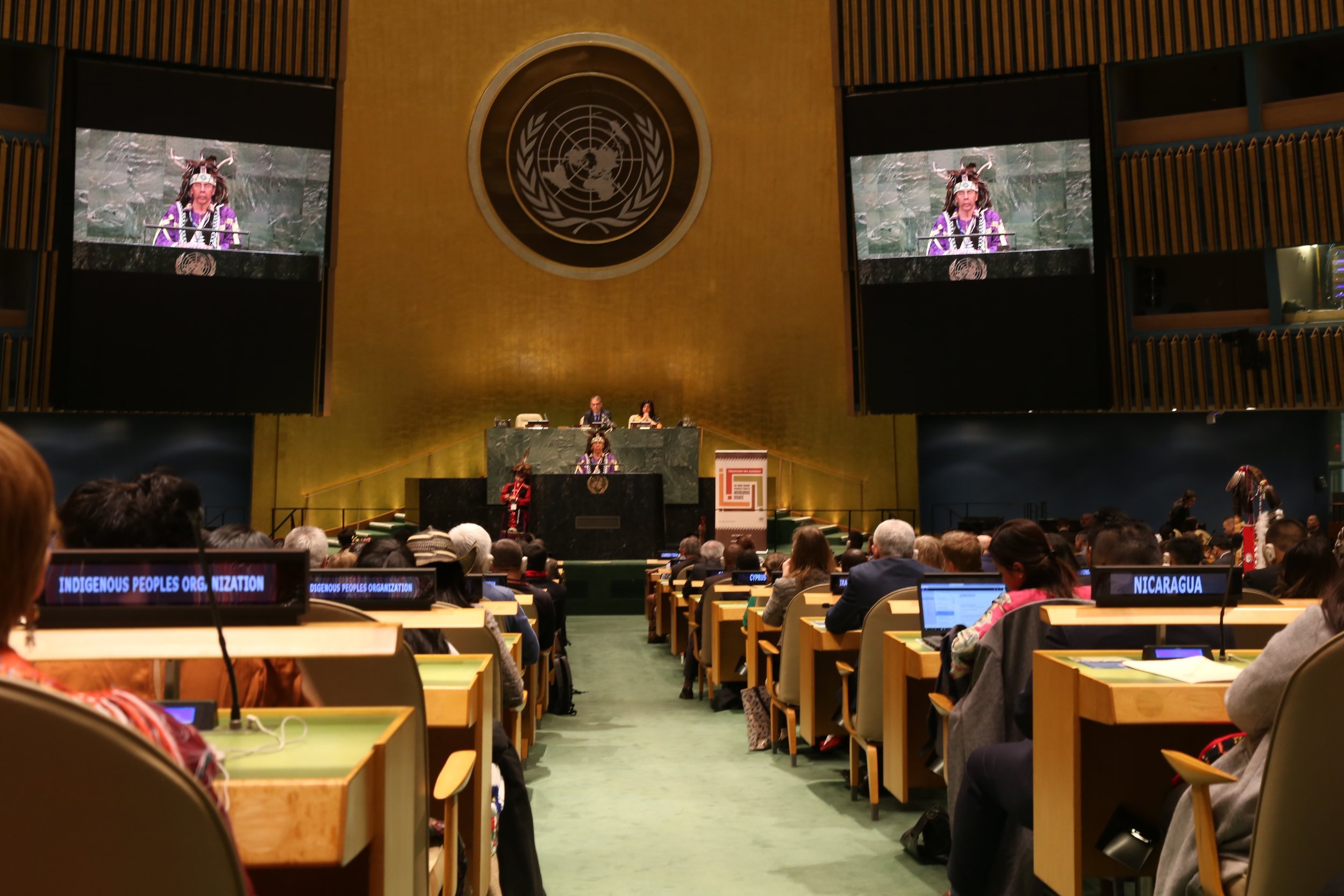The United Nations and Indigenous Peoples
The United Nations affirms that Indigenous Peoples are inheritors and practitioners of unique cultures and ways of relating to people and the environment. It recognized that Indigenous Peoples have retained social, cultural, economic and political characteristics that are distinct from those of the dominant societies in which they live. Indigenous Peoples from around the world share common problems related to the protection of their rights as distinct peoples, while also retaining cultural differences.
For generations, Indigenous Peoples have sought recognition of their identities, ways of life, and right to traditional lands, territories and natural resources. Throughout history, however, their rights have and continue to be violated. Indigenous Peoples today are arguably among the most disadvantaged and vulnerable groups of people in the world. The international community, including the United Nations, now recognizes that special measures are required to protect their rights and maintain their distinct cultures and ways of life.
Declaration on the Rights of Indigenous Peoples
The United Nations Declaration on the Rights of Indigenous Peoples (UNDRIP) was adopted by the General Assembly on Thursday, 13 September 2007, by a majority of 144 states in favor, 4 votes against (Australia, Canada, New Zealand and the United States) and 11 abstentions (Azerbaijan, Bangladesh, Bhutan, Burundi, Colombia, Georgia, Kenya, Nigeria, Russian Federation, Samoa and Ukraine).
In the ten years since the Declaration's adoption by the UN General Assembly, the four countries voting against have reversed their position and now support the Declaration.
Photos by Andy Wanning
Today the Declaration is the most comprehensive international instrument on the rights of Indigenous Peoples. It establishes a universal framework of minimum standards for the survival, dignity, and well-being of Indigenous Peoples, and it elaborates on existing human rights standards and fundamental freedoms as they apply to the specific situation of Indigenous Peoples.
This is adapted from the UN Permanent Forum on Indigenous Issues website. For more information please see The Declaration on the Rights of Indigenous Peoples.
Photo credit: UNDESA




